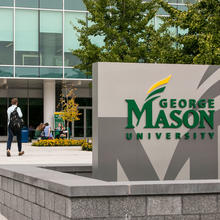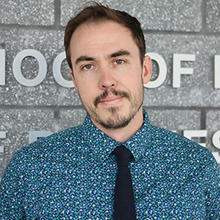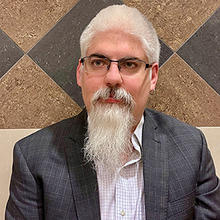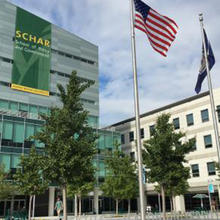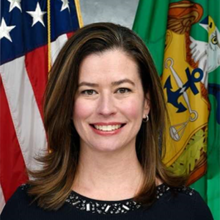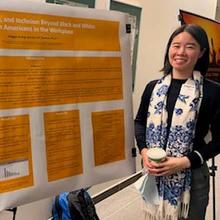- August 3, 2023
A delegation of energy scientists from Pakistan met with leaders in the Schar School’s Center for Energy Science Policy. The goal: To improve Pakistan’s energy and climate policies.
- July 26, 2023
If popular movies are to be believed, penitentiaries are run by ruthless dictators with little concern for those they govern. A new Schar School book by Christopher Berk shows the reasons behind it—and what might be done to change it in the future.
- July 25, 2023
Lobbying for nonprofit organizations has always been a political balancing act. But a new study indicates that when advocacy is limited, so is influence. The solution may be in educating those who make decisions for nonprofits.
- July 7, 2023
His new study shows that terrorists possibly could bring an end to all of humanity. Just another day’s work for policy fellow Zak Kallenborn.
- June 29, 2023
The Schar School’s AI-driven Robotic Process Automation has a new name to reflect the fast pace of the technology’s usage. Meet the “Intelligent Automation Initiative.”
- June 22, 2023
In May, a cohort of 20 selected AI and Tech fellows gathered at Mason Square for Mason’s AI Strategies first AI and Tech Policy Summer Institute.
- April 26, 2023
Intelligence experts and their university students presented research and ideas during the annual Intelligence Studies Consortium symposium at Mason Square.
- April 3, 2023
The Terrorism, Transnational Crime and Corruption Center (TraCCC) at George Mason University has received $9.9 million to establish a unique fellowship that will provide nationals from El Salvador, Guatemala, and Honduras critical tools to help strengthen democracy and fight corruption in their home countries.
- March 16, 2023
Biodefense graduate Janet Marroquin Pineda wins a significant award for answering “the most challenging U.S. security and science policy questions with objective analysis.”
- ODKM Master’s Student Maggie Huang Receives Mentoring for Anti-Racism and Inclusive Excellence AwardMarch 14, 2023
Her pioneering work examining the professional experiences of Asian American and Native Hawaiian/Pacific Islander (AANHPI) women in the U.S. lands an Organization Development and Knowledge Management master’s student an award from the university’s president’s office.

